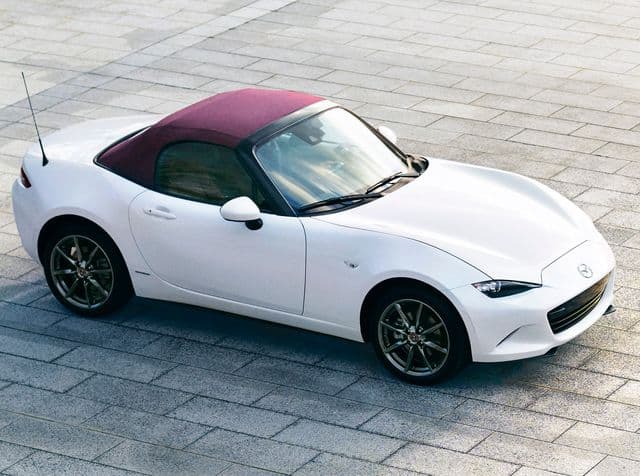The cost of owning a new car rose 5% in the last year, according to the 2021 AAA Your Driving Costs Study. Costs increased across all categories, bringing the average expenditure up to $9,282 a year, or $773.50 a month.
AAA reviewed 45 top-selling sedans and SUVs, factoring in six expense categories: fuel, maintenance, full-coverage insurance, license/registration/taxes, depreciation and finance charges.
The biggest driver in the increase was longer loan terms, combined with higher purchase prices, AAA reported. Consumers paid 24% more in interest on new car loans this year, the study found, at least partly because more borrowers chose 72- or even 84-month loans. AAA estimates that total finance charges increase by $1,000 for every 12 months a loan is extended.
Additionally, AAA found that:
- Average insurance costs increased by $5.
- Buyers paid $14 more in licensing, registration and taxes.
- Depreciation rates slowed down, so cars retained their value.
- Smaller, fuel-efficient cars are the least expensive to own at $7,114.
- Half-ton pickup trucks are the most expensive to own at $10,839.
The current market — where few new cars are available and the price of used cars has dramatically increased — means relief anytime soon is unlikely.
“With strained vehicle inventory, it is critical that buyers do their research first or even hold off until prices come down. Understanding your options ahead of time can save you thousands of dollars per year,” said Greg Brannon, director of automotive engineering and industry relations for AAA, in an email.
Solely focusing on the car payment and ignoring extra costs could turn your budget upside down.
If you must buy a new car right now, aim to spend less than 10% of your take-home pay on your monthly payment and less than 15% to 20% on car expenses overall. Adding 10% to the advertised price of the car you are eyeing will help you avoid sticker shock when you see those extra inevitable expenses.
You may be able to save money by delaying a purchase, keeping up on maintenance and managing other costs, such as getting a better deal on car insurance or refinancing your auto loan.

